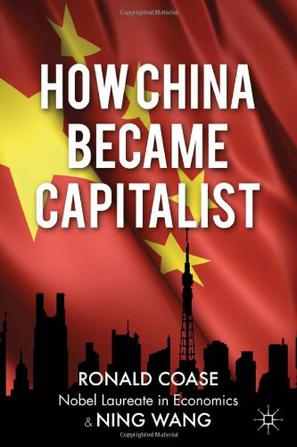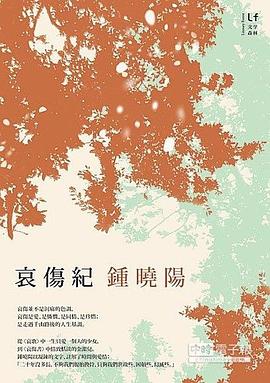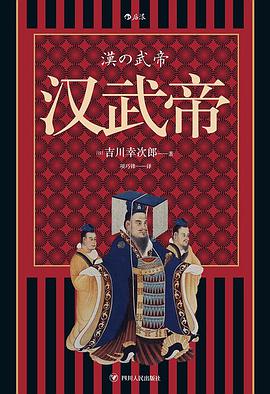How China Became Capitalist
内容简介
How China Became Capitalist details the extraordinary, and often accidental, journey that China has taken over the past thirty years in transforming itself from a closed agrarian socialist economy to an indomitable force in the international arena. The authors revitalize the debate around the development of the Chinese system through the use of primary sources. They persuasively argue that the reforms implemented by the Chinese leaders did not represent a concerted attempt to create a capitalist economy, but that the ideas from the West eventually culminated in a fundamental change to their socialist model, forming an accidental path to capitalism. Coase and Wang argue that the pragmatic approach of "seeking truth from fact" is in fact much more in line with Chinese culture.
How China Became Capitalist challenges the received wisdom about the future of the Chinese economy, arguing that while China has enormous potential for growth, this could be hampered by the leaders' propensity for control, both in terms of economics and their monopoly of ideas and power.
......(更多)
作者简介
罗纳德·哈里·科斯(Ronald H. Coase)
新制度经济学的鼻祖,产权理论的创始人,1991年诺贝尔经济学奖获得者。现为芝加哥大学法学院荣休教授, 浙江大学科斯经济研究中心创始人。
科斯的杰出贡献是发现并阐明了交易成本和产权在经济组织和制度结构中的重要性及其在经济活动中的作用。他推崇经验研究,批判经济学因脱离现实而踟蹰不前。科斯经济学直接影响了中国几代经济学家,包括张五常、周其仁、盛洪等众多知名经济学家。
科斯酷爱历史,孩提时代因为读到《马可·波罗游记》而醉心中国。科斯长期关注中国改革,分别在2008年和2010年两次慷慨出资,主办学术会议,为中国经济把脉。
王 宁
湖北江陵人,早年就读北京大学,后赴美求学,获芝加哥大学博士,自1998年起担任科斯助手,现执教亚利桑那州立大学,兼任浙江大学科斯经济研究中心国际主任。
......(更多)
目录
......(更多)
读书文摘
......(更多)






